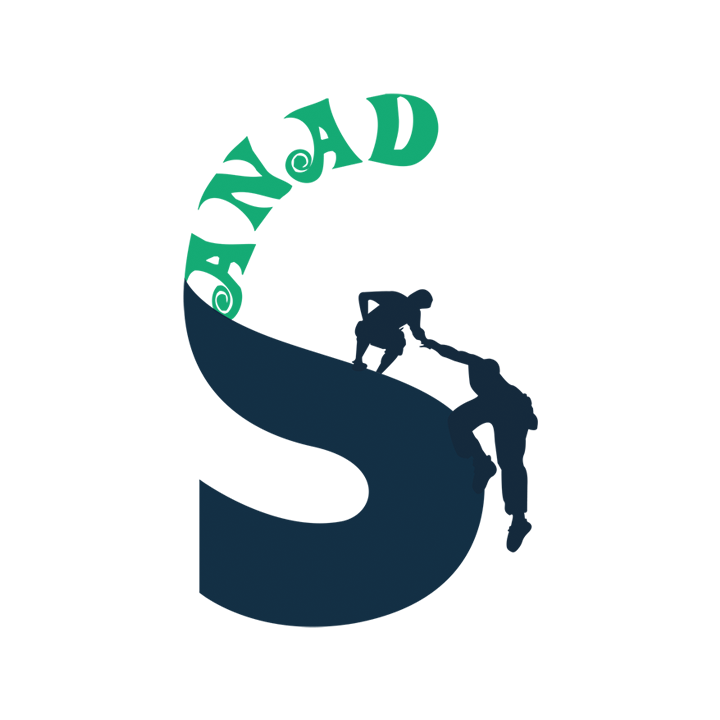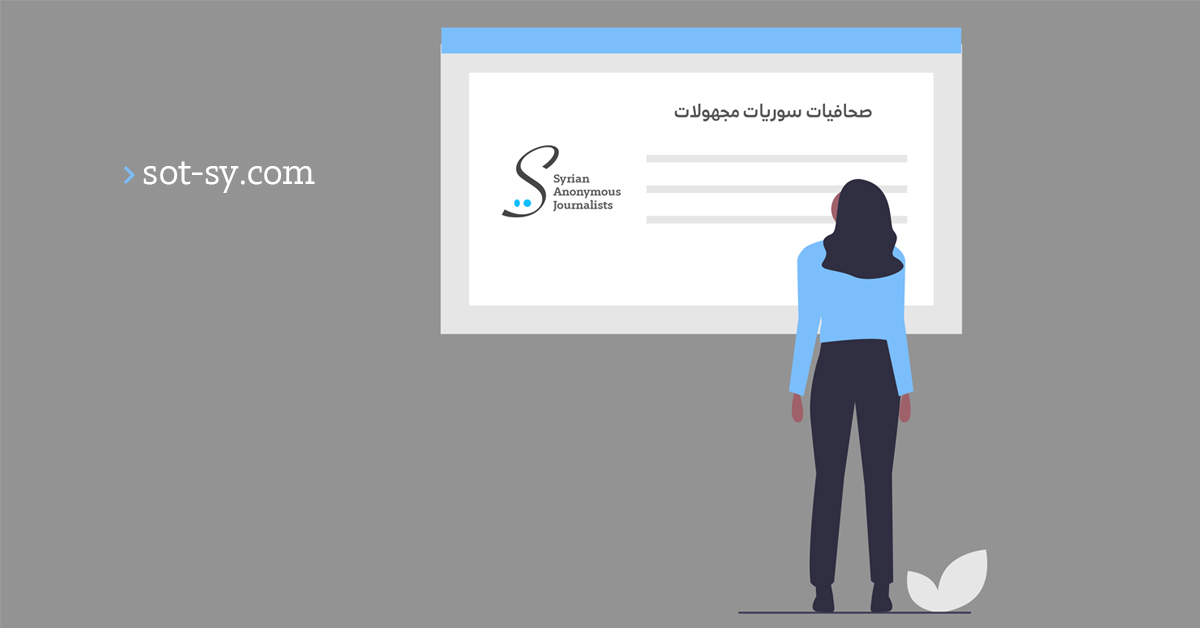
Description
ABAAD is hosting a workshop series with the goal of comprehensively supporting local civil society organizations in incorporating and consolidating best practices through a gendered lens. This will help participating CSOs enhance their ideation, project design and implementation processes while optimizing their delivered intervention’s positive impact on target communities.
The workshop series will be comprised of four key thematic areas:
- Gender Integration
“Gender integration” refers to the process of considering the impact of gender inequitable norms across program planning, assessment, design, implementation, as well as M&E, and developing strategies to address those norms. Though often used interchangeably, gender integration is not synonymous with “gender mainstreaming”. Gender mainstreaming is a broad process of incorporating a gender perspective across an organization as well as in their programs. It includes incorporating a gender lens in administrative functions and the institutional culture of the organization. ABAAD’s take on “gender integration” is generic and relevant to different operational fields. It aims to be adaptable whether a staff member is training an organization working on agriculture, in peacebuilding, in education or other areas of intervention.
- Gender Transformative Approaches
A gender transformative approach (GTA) examines, questions and changes harmful gender norms and power imbalances. In doing so, a GTA contributes directly to gender justice. This approach is based on intersectional feminism, which centers around the voices of those who have overlapping forms of identity and therefore experience overlapping forms of oppression. The word feminism is employed while being aware of regional and contextual differences in the interpretation of the term; as the word is contested in some contexts, it could be replaced by other terms such as pro-feminist, women’s rights supporter, gender justice activist, etc. Emphasis is placed on the fact that all genders can be feminists. It also places significant importance on positive masculinities and creating allyships in men and boys.
- A dive into the NAP on UN resolution 1325
UN resolution 1325 is built on around four pillars: the protection of women from violence during and after the conflict, their access to relief and recovery, the role of women in conflict prevention, and their participation in peacebuilding. Lebanon, a country that has tragically suffered from various wars, was among the first Arab countries to express its interest and commitment to implementing this resolution. The NAP, endorsed by the Government of Lebanon, aims at increasing the participation of women in decision-making processes at all levels, including political, diplomatic, economic and also in the security and defense sectors. Moreover, it will enhance all efforts in preventing and containing armed conflicts and will provide girls and women with more effective protection measures against violence, as well as improve their conditions to access, benefit and participate in relief and recovery efforts.
- “Do No Harm” and Accountability
Accountability to Affected Populations (AAP) on the other hand, is an active commitment by humanitarian actors to use power responsibly by taking account of, giving account to, and being held to account by the people they seek to assist. Accountability is also about how an organization balances the needs of different groups in its decision-making and activities.
There is a fine line between harming and benefiting communities: Development agencies should be aware of the position or role they play in each context and acknowledge their own biases. The Do-No-Harm approach is the understanding of the impact of aid on existing conflict and or vulnerability as well as its interactions within a particular context, with the goal to limit or prevent unintended negative effects.
- Meaningful and Inclusive Youth Participation
Meaningful and Inclusive Youth participation (MIYP) refers to young people’s ability to work in all stages of decision making. It also stipulates that their opinions are respected and taken seriously, and they can participate on equal terms with adults at all levels, or alternatively work independently from adults and make decisions solely with the involvement of youth voices. When young people’s meaningful participation is brought up, it is important to recognize and acknowledge that youth are an extremely diverse group; their lived realities, challenges and opportunities vary greatly, based on their intersecting identities such as: age, nationality, ethnicity, socio-economic status, health status, sexual orientation, gender identity, gender expression, sex characteristics, or geographical location.
Eligibility criteria
- Organization must have 10+ staff members;
- Organization must have ongoing field activities and programs;
- Organization must be registered at the Lebanese Ministry of Interior;
- Organization must engage vulnerable groups such as women, persons with disabilities, youth, stateless, and refugees.
How to apply
Interested CSOs are invited to apply* by filling in the following application form no later than August 15th, 2022.







Add Comment